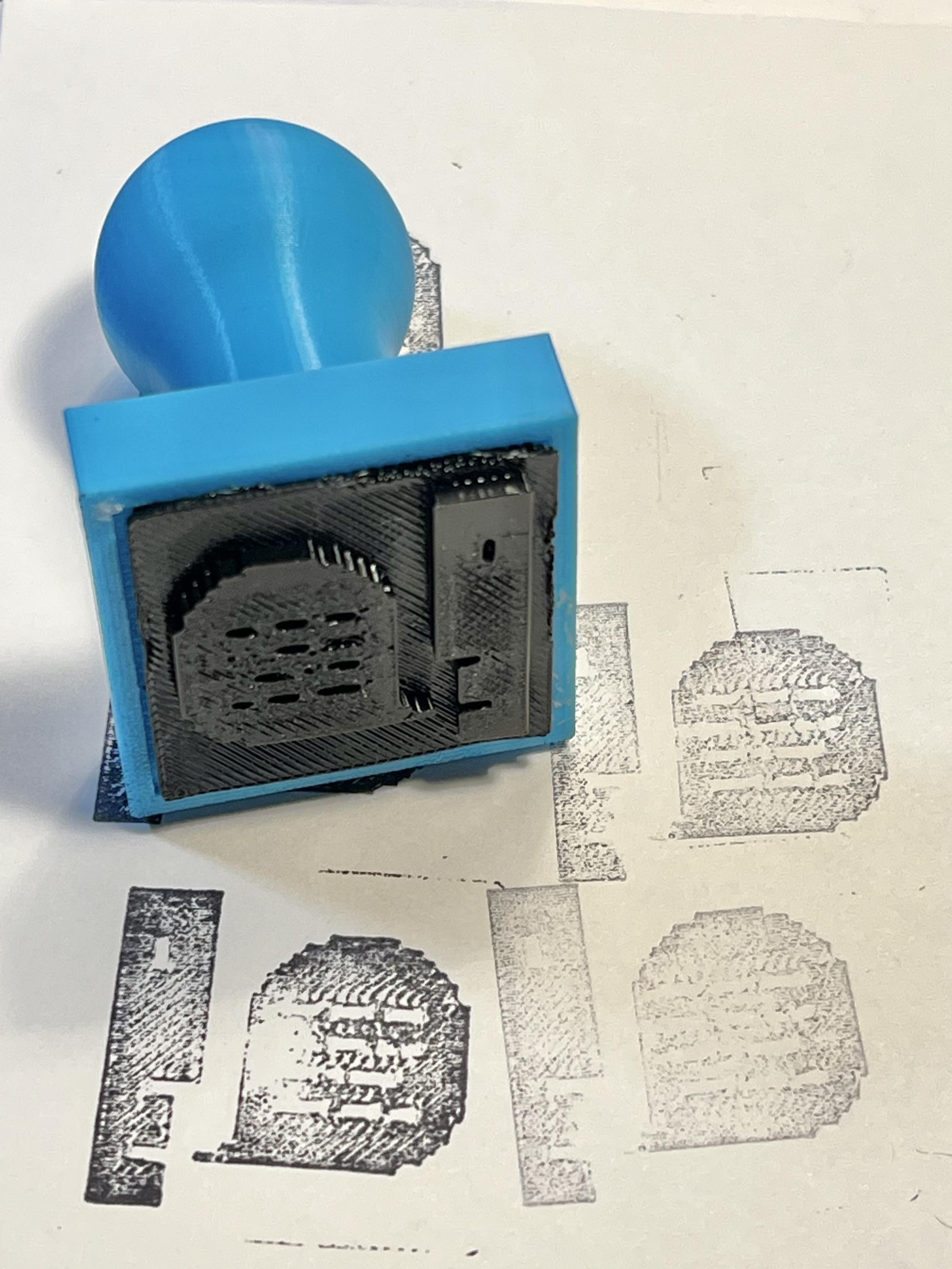Tim Bradshaw discusses the myths around Lisp Machines and why they were probably never competitive.
-
Tim Bradshaw discusses the myths around Lisp Machines and why they were probably never competitive.
https://www.tfeb.org/fragments/2025/11/18/the-lost-cause-of-the-lisp-machines
-
 undefined oblomov@sociale.network shared this topic
undefined oblomov@sociale.network shared this topic
-
Tim Bradshaw discusses the myths around Lisp Machines and why they were probably never competitive.
https://www.tfeb.org/fragments/2025/11/18/the-lost-cause-of-the-lisp-machines
I programmed some Lisp in school.
My impression is that it was based on a 1950s theory of human intelligence, making it the 'AI' language of the future - except it wasn't.
Only on a very high abstract level are our minds like recursive logic trees and even then not so much.
So whole architectures were built on a dead end idea that was fated to be inefficient and unmaintainable.
Lisp syntax has a sort of poetic elegance though.
-
Tim Bradshaw discusses the myths around Lisp Machines and why they were probably never competitive.
https://www.tfeb.org/fragments/2025/11/18/the-lost-cause-of-the-lisp-machines
@amoroso I do observe some LispM romanticism from time to time on the Lisp chats, but I don't actually see people making the claims Tim is refuting. Possibly I just missed it.
I don't really disagree with anything he says though.
-
I programmed some Lisp in school.
My impression is that it was based on a 1950s theory of human intelligence, making it the 'AI' language of the future - except it wasn't.
Only on a very high abstract level are our minds like recursive logic trees and even then not so much.
So whole architectures were built on a dead end idea that was fated to be inefficient and unmaintainable.
Lisp syntax has a sort of poetic elegance though.
@Phosphenes As the post I linked also notes, performance is not the only consideration as Lisp was already competitive in speed with Fortran in the late 1970s.
-
@amoroso I do observe some LispM romanticism from time to time on the Lisp chats, but I don't actually see people making the claims Tim is refuting. Possibly I just missed it.
I don't really disagree with anything he says though.
@sigue These days I don't see such claims much either, but Tim is a very experienced Lisper and makes some good points.
-
Tim Bradshaw discusses the myths around Lisp Machines and why they were probably never competitive.
https://www.tfeb.org/fragments/2025/11/18/the-lost-cause-of-the-lisp-machines
@amoroso symbolics keyboards had pedals
-
@amoroso symbolics keyboards had pedals
@noplasticshower What did the pedals do?
-
Tim Bradshaw discusses the myths around Lisp Machines and why they were probably never competitive.
https://www.tfeb.org/fragments/2025/11/18/the-lost-cause-of-the-lisp-machines
@amoroso he also has a lot of misses. These machines were only needed for a a few years, where there was demand of high-end research and development systems for Lisp, while other systems could not deal with Lisp runtimes of often hundreds of megabytes. Early Suns were known to have no support for GC in virtual memory and were often hanging/crashing with large memory applications.
-
@amoroso he also has a lot of misses. These machines were only needed for a a few years, where there was demand of high-end research and development systems for Lisp, while other systems could not deal with Lisp runtimes of often hundreds of megabytes. Early Suns were known to have no support for GC in virtual memory and were often hanging/crashing with large memory applications.
@amoroso Microcode for the CPU was also implementing the low-level support which was used for multi-tasking, I/O, bitblts and other stuff. The idea was not to be the fastest in gabriel benchmarks, but to provide fast interactive response while developing large software (for that time) in a full debug mode. The whole OS, IDE and applications ran in something like a full debug mode. Fully introspective and reflective.
-
@amoroso Microcode for the CPU was also implementing the low-level support which was used for multi-tasking, I/O, bitblts and other stuff. The idea was not to be the fastest in gabriel benchmarks, but to provide fast interactive response while developing large software (for that time) in a full debug mode. The whole OS, IDE and applications ran in something like a full debug mode. Fully introspective and reflective.
@amoroso They were also not widely available. They were very very expensive and I doubt that more than 10k of these machines were ever sold. The hardware was expensive, but the software was also very expensive. The early competition were UNIX Lisp systems like Allegro CL, Lucid CL and then LispWorks. But they and the hardware for them was also expensive (memory). Government money feeded the bubble. Later, after the AI crash a lot of the remaining applications were ported to C++.
-
@amoroso They were also not widely available. They were very very expensive and I doubt that more than 10k of these machines were ever sold. The hardware was expensive, but the software was also very expensive. The early competition were UNIX Lisp systems like Allegro CL, Lucid CL and then LispWorks. But they and the hardware for them was also expensive (memory). Government money feeded the bubble. Later, after the AI crash a lot of the remaining applications were ported to C++.
@symbolics I've see records of a purchase of a Xerox Interlisp D-machine by an Italian research institution in the late 1980s. The price tag, which included WAN connectivity and support, was eye watering.
Feed RSS
Gli ultimi otto messaggi ricevuti dalla Federazione
Post suggeriti
-
Il 13 ottobre 1994 Netscape Communications annunciò che avrebbe reso gratuito, per uso non commerciale, il browser Netscape Navigator 1.0, poi rilasciato il 15 dicembre.
Uncategorized 1
1
-
Tried to make a stamp today with my 3D printer using PLA for the handle and TPU for the stamp.
Uncategorized 1
1
-
1 ottobre 1954#accaddeoggiIBM annuncia il computer Modello 705, a valvole termoioniche e character-oriented (7 bit, parole da 35).
Uncategorized 1
1
-
I'm going to be participating at the next Interim Computer Festival in Seattle in two weeks.
Uncategorized 1
1